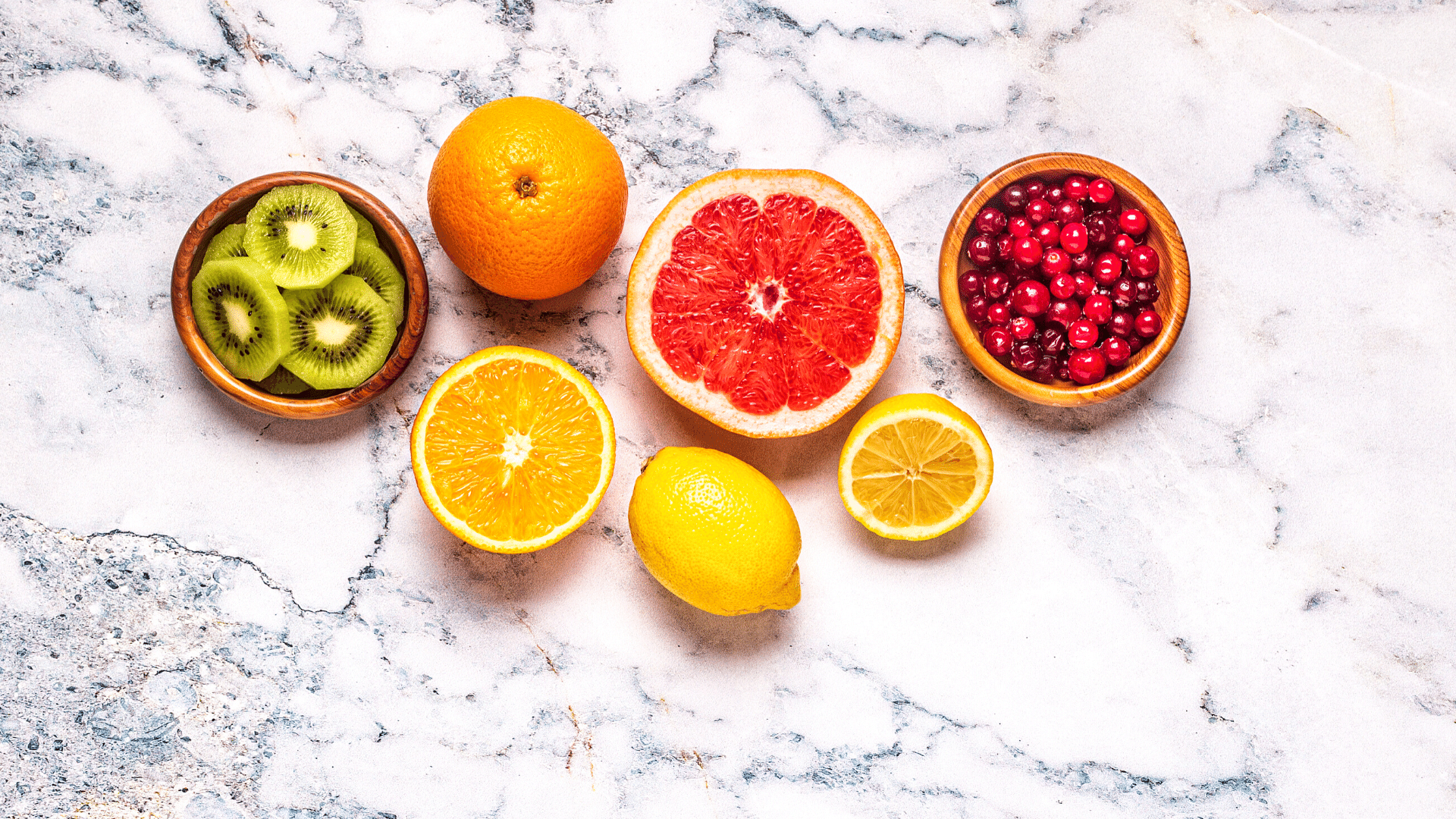If your meals always seem to taste a little lackluster, there’s a reason for that: You’re not cooking with citrus. “I love adding lemons to pretty much everything. Citrus brightens a dish,” said Vanessa Kahen, a New York City-based health coach, in a cooking class for Intuition. “I citrus in my salad dressing, to give flavor to pastas, in slaws, and more.”
Cooking with citrus is easy, too. Take lemons, for instance. If you know you’ll be using them often, Kahen recommends keeping them right on your kitchen counter. That way, they’re easier to work with when it comes time to use them. “When you leave them in the fridge, those little pockets of juice tighten up and make it a little more difficult to juice them,” she says. Otherwise, citrus can stay fresh in the fridge for up to two weeks.
There’s even a secret to juicing a lemon. Hold the lemon between your palms. Then, push in with your fingertips, giving it a bunch of little squeezes on every side until it becomes softer. “You can actually feel the pockets bursting, which is going to make it so much juicier when you cut into it and squeeze it into your dish,” she says.
So, how much is too much when it comes to adding citrus into your meals?
Well, you really can’t go overboard: “You can go to town with citrus,” says Kahen. “All of my citrus measurements are to taste. I love a lot of citrus in everything I eat, so I usually put in a lot.” Aside from lemons, you can also add flavor to your dishes with lime and oranges.
While citrus adds great flavor to your meals, it comes with other benefits as well—starting with giving you a nice dose of vitamin C. According to Penn State, vitamin C plays an important role in helping wounds heal. Citrus also contains phytochemicals that can protect your body from chronic diseases, like cancer and heart disease.
The next time you’re cooking, grab a lemon, lime, or orange and experience the flavor-boosting powers for yourself.









